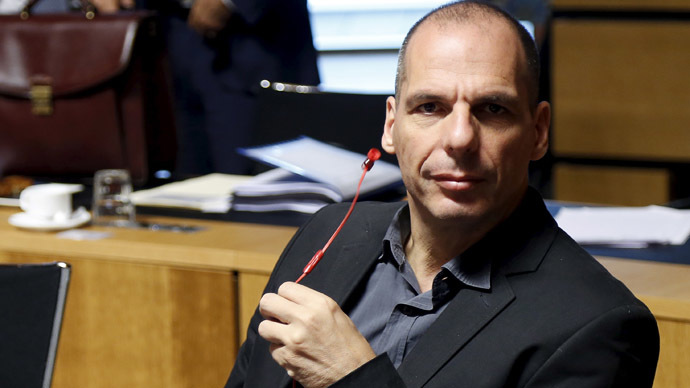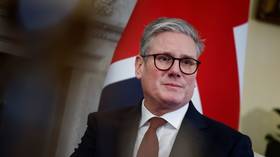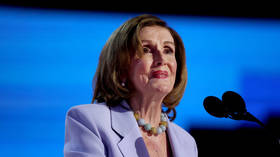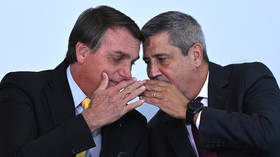Varoufakis: Greece owes agreement to whole eurozone, not only to itself

Greek Finance Minister Yanis Varoufakis says the issue of agreeing a new strategy to avoid a default by June 30 is a moral obligation – not a question of chance, as Greece’s commitment to the eurozone is “absolute.”
Greek debt crisis LIVE UPDATES
Varoufakis was speaking on RTE’s Morning Ireland program in the middle of the trepidation over the future of debt-stricken Greece, and its €240 billion in loans, and just four days to pay off €1.6 billion to the IMF.
The summit in Brussels is in its second day, and the Eurogroup has just four days to conjure up a solution, or risk a ‘Grexit’. Some officials say it would be “unavoidable” should Greece fail to repay the IMF.
READ MORE: Greece’s creditors ready to unlock €15.3bn till November – media
While the Europeans say the onus is on Greece to prove it is “prepared to reform,” the embattled Varoufakis says it’s time for the rest of the EU "to come to the party.” The implication is that the negotiations are not being carried out amongst the member-states, but between them and international creditors.
In the meantime, Greece’s creditors say they’re prepared to unlock about €15.3 billion over the next five months in four installments, according to those familiar with the documents.
The ECB left its emergency lifeline for Greek banks unchanged Friday for a second day, as deposit withdrawals stabilized, according to a source familiar with the matter.
Continued talks
Greece and its creditors have been stuck in talks over the country’s massive debt since the end of January, when the leftist Syriza party headed by Prime Minister Alexis Tsipras came to power. The new government promised to end the era of drastic budget cuts that dragged the country deep into recession.
During the last week the troika of lenders and Greece has been exchanging reform plans but so far a consensus hasn’t been found. The creditors are asking the Greeks to ramp up taxes and implement pension cuts – something Varoufakis sees as“putting me and my government in an impossible position, having to make a bad choice among really hard, difficult bad choices.”
"I am against increasing corporate tax, but then again I am against raising the tax on hotels and against cutting the pensions of people who live below the poverty line," he told RTE.
READ MORE: Greece rejects ‘exceptionally generous’ counterproposals by creditors
Varoufakis said Greece has done everything humanly possible to cave in to the “strange demands of creditors.” And while its commitment to the EU is “absolute,” the country would not accept an unrealistic deal. And, by his account, the current proposals are “absolutely, absolutely” unworkable.

The finance minister explained that the debt repayment schedule was uneven, and that his own proposal is, basically, to take money from the ECB and put it into the ESM, so as to “even out a very spiky debt repayment schedule, so as to make it easier for us to make the repayments for the benefit of the creditors.”
Some EU members are ringing alarm bells – chief among them Germany and France, whose leaders say Saturday’s meeting of finance ministers is of the utmost importance to the Greek rescue effort.
"We have to keep working because time is pressing and the Eurogroup on Saturday will have a decisive importance," German Chancellor Angela Merkel said at a news conference early on Friday, following a failure by the 19 nations of the eurozone to reach a consensus the day before.
French President Francois Hollande echoed the sentiment: "I consider that the meeting on Saturday is crucial because time is up on June 30, when the Greeks must meet their payment obligations, there are national parliaments that have to meet."
"We have to do everything we can and France will set itself to work so that we can have a universal and durable deal," the French leader added.
READ MORE: German EU commissioner says 'Grexit' unavoidable if no solution found in 5 days
German Finance Minister Wolfgang Schaeuble stressed at a conference in Frankfurt that Greece, along with other eurozone members, should adhere to the zone’s rules, because "No country in the monetary union should be infinitely spending money at the expense of others,” he added.












